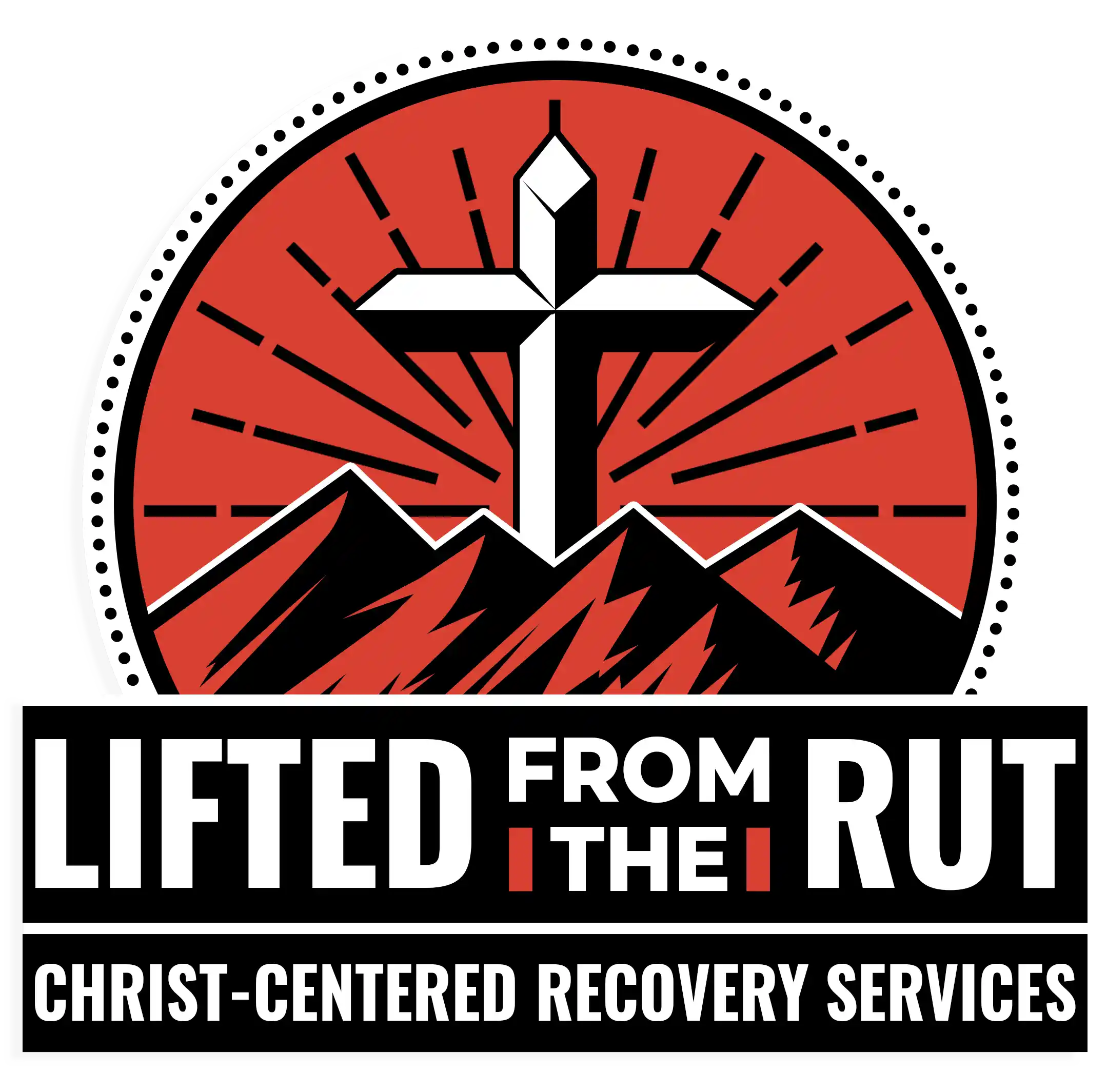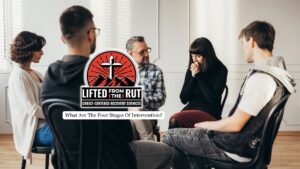12-step programs like Alcoholics Anonymous (AA) and Narcotics Anonymous (NA) are widely used in addiction recovery. But for individuals who identify as atheist, agnostic, or non-religious, these programs can feel exclusionary due to their spiritual language and references to a “higher power.”
This article explores how non-believers can engage with 12-step recovery, how the language of the Steps is adapted by secular participants, and what non-religious addiction recovery options are available.
Understanding the Spiritual Origins of 12-Step Programs
Traditional 12-step programs were founded on Christian principles, but over time, they’ve shifted toward a broader spiritual, but not strictly religious, framework. Members are encouraged to define a “higher power” in their own way, whether that’s nature, personal values, science, or the collective support of the group. This flexibility allows for broader participation, including those seeking atheist-friendly addiction recovery or a secular approach to sobriety.
At LFTR Christian Rehab Services in Colorado, we recognize that faith can be perceived differently, that’s why we offer individualized, multi-stage treatment options that honor each person’s beliefs while addressing the root causes of substance use.
How Atheists and Agnostics Can Interpret the 12 Steps
Non-religious participants have long found creative ways to make the 12 Steps meaningful without compromising their beliefs. Early AA members who didn’t believe in God often viewed the group itself as the “higher power.” Others interpret it as a metaphor for community strength, shared accountability, or a source of guidance beyond the self.
This reinterpretation helps maintain the structure and support of 12-step recovery for atheists, without requiring religious belief.
Do 12-Step Programs Work Without Religious Belief?
Yes, research shows that the benefits of 12-step participation occur regardless of religious background. Atheists and agnostics experience similar improvements in abstinence and sobriety when actively involved.
The core factors driving success include peer support, structured routines, self-reflection, and accountability, not necessarily belief in a deity. This reinforces that non-religious recovery programs can be just as effective when built on these same principles.
Barriers Non-Believers Face in Traditional 12-Step Meetings
Despite inclusive language, some non-believers report feeling uncomfortable in traditional AA environments. Spiritual references, prayers, or religious assumptions may create feelings of isolation or pressure to conform. This is why some people exploring addiction recovery without God seek secular adaptations of the 12 Steps or pursue alternative support systems altogether.

Tips for Atheists Navigating 12-Step Programs
If you’re a non-believer and still wish to participate in a 12-step group, these strategies can help you stay aligned with your values:
- Redefine “higher power” in a personal, secular way (e.g., group support, science, or inner strength)
- Focus on the Steps’ underlying principles—honesty, accountability, and service
- Use alternative phrasing like “good orderly direction” (G.O.D.) or “collective wisdom”
- Look for meetings specifically labeled as agnostic, atheist, or secular
Building a Recovery Plan Without Religion
Many people build a successful recovery framework without religion by combining various secular supports. This might include evidence-based therapies such as Cognitive Behavioral Therapy (CBT) or Dialectical Behavior Therapy (DBT), participation in non-religious support groups, and engagement with adapted 12-step models that remove spiritual language.
Others find strength in sober living homes or outpatient programs rooted in science and psychology. At the core of any effective recovery plan are consistency, connection, and a willingness to change, not necessarily belief in a higher power.
The Role of Personal Values in Secular Recovery
For non-believers, personal values often take the place of spiritual or religious doctrine in shaping a recovery path. Values such as integrity, accountability, compassion, and self-respect can serve as a moral compass during difficult moments. Instead of surrendering to a higher power, secular recovery models emphasize taking full responsibility for one’s choices while aligning daily actions with internal values.
This approach not only fosters long-term sobriety but also helps individuals rebuild self-trust and purpose without the need for spiritual belief. Whether used in SMART Recovery, adapted 12-Step programs, or individual therapy, values-based recovery offers a grounded, evidence-based alternative that resonates deeply with many non-religious individuals.
Final Thoughts from LFTR Christ-Centered Rehab Services
Recovery is a deeply personal journey, and while traditional 12-step programs work for many, they are not the only path to healing. Whether someone finds strength in spirituality, community, science, or self-awareness, what matters most is a commitment to growth, accountability, and sustained support. For individuals who struggle with faith-based language or prefer a more secular approach, there are accessible, evidence-based alternatives that honor both personal beliefs and the science of recovery.
At LFTR Christian Rehab Services in Littleton, Colorado, we provide a carefully planned, multi-stage approach to healing, thus aiming to help you and your loved one break the cycles of alcoholism and drug addiction. Whether you’re seeking a faith-based recovery program or need guidance navigating secular options, our team is here to offer compassionate, personalized support every step of the way.





